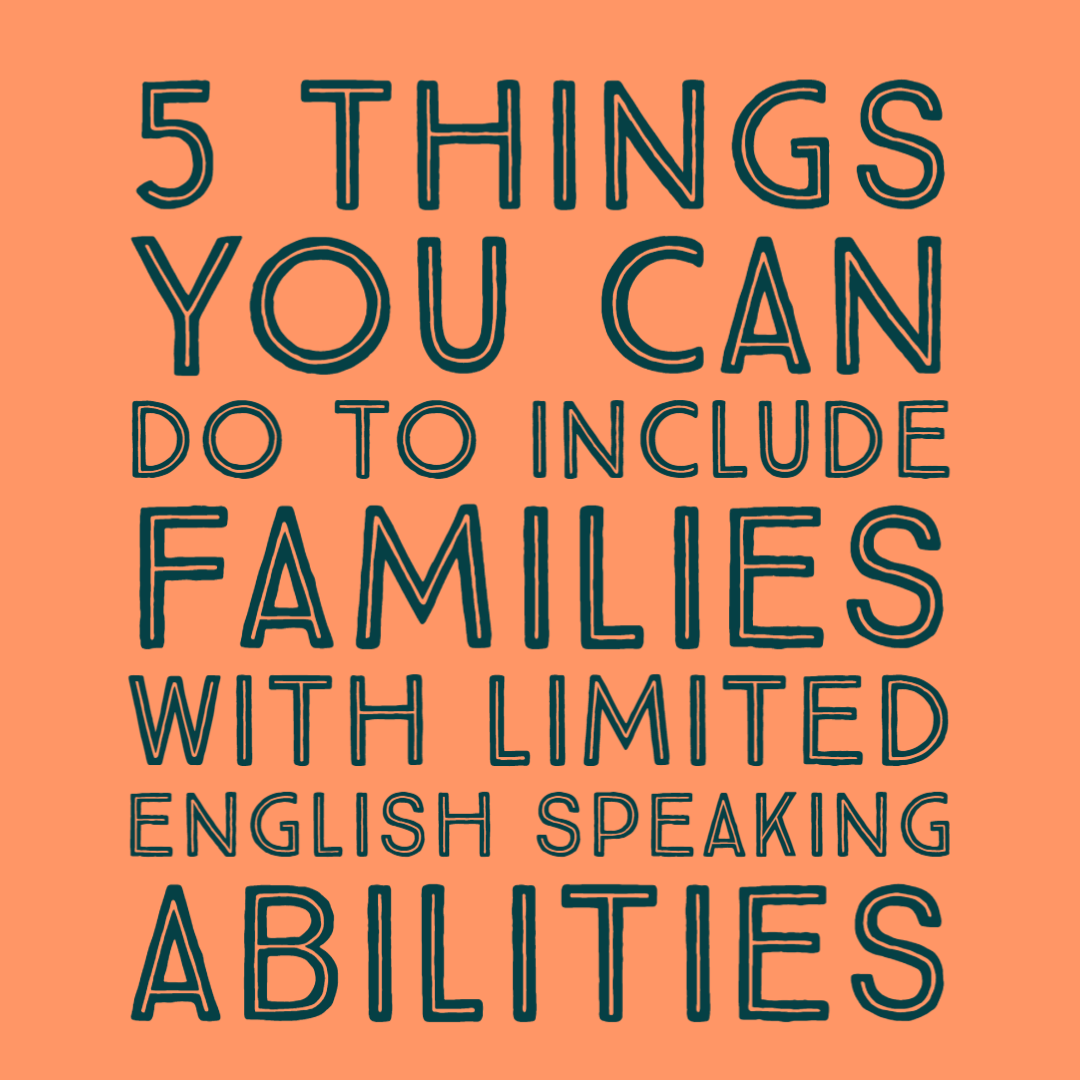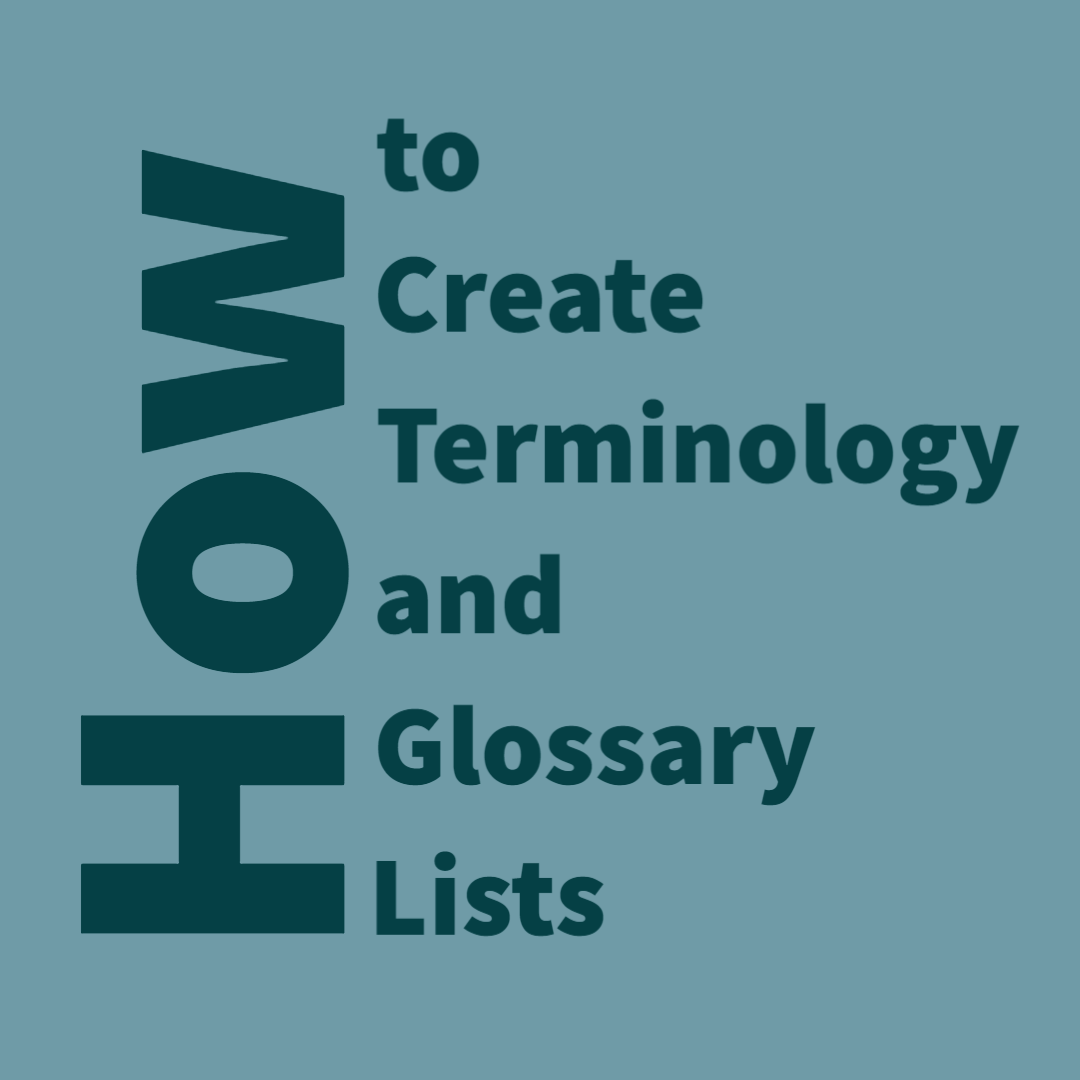The Top 3 Things You Need to Do to Successfully Execute a Language Access Program
Did you know that nearly 68 million US residents face language barriers in everyday communication? Successful language access programs bridge this gap so that no one is left unheard, but organizing and coordinating such programs effectively remains a daunting task for many organizations. This can lead to fragmented services and unmet needs. To execute a […]









